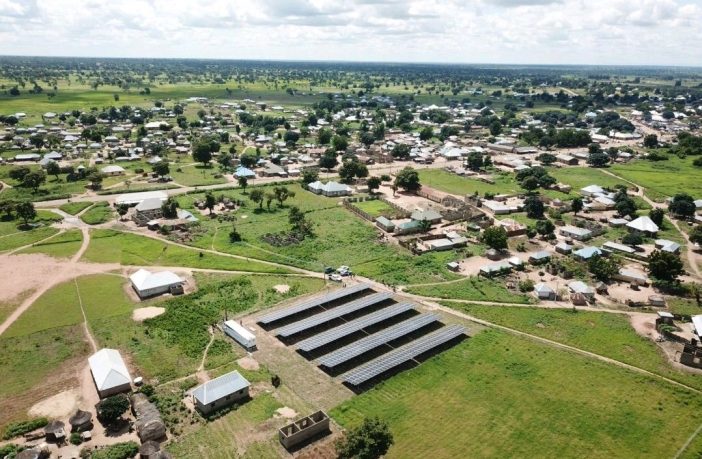An update about a project aiming to provide solar electricity to rural Nigerians appears to indicate a delay in delivering what would be a scaled back program.
pv magazine reported in July last year that Nairobi-based installer PowerGen had already built seven of a proposed 28 solar mini-grids with the financial backing of multilateral lender the World Bank and three European investors.
At that point EU development body Electrifi, which aims at providing universal access to electricity, stated the aim of the project was to deliver sustainable power to 55,000 people via the mini-grids, the remainder of which would be installed by the middle of this year.
European development finance institution (EDFI) Electrifi was showcasing a business model which saw it and two Dutch backers – microfinance lender Oikocredit and impact investor Triodos Investment Management – commit $9 million to the mini-grid construction costs on the understanding they would be purchased, upon completion, by African mini-grid finance entity CrossBoundary Energy Access.
With Powergen supplying any additional construction costs, the World Bank is backing the scheme by funding grants of $350 for each consumer connected to electricity, with the money disbursed by the state-owned Nigeria Electrification Project.
A project update published on the EDFI Electrifi website yesterday, however, indicated only “around 20” mini-grids would be installed, with no new local networks established since July, although six more are operational and will be commissioned “soon.” In terms of delivery, the EU body reported the networks will be commissioned “by the end of 2022.”
The mini-grids will also include battery energy storage systems, according to the project announcement in July, which stated a total of 4.5MWh of capacity would accompany what was then reported would be a total mini-grid solar generation capacity of 2.1MW. EDFI Electrifi in July said the first seven networks had a generation capacity of 460kWp and storage of 1,157kWh.
The CrossBoundary Energy Access fund which will buy the completed mini-grids was set up by Nairobi-based financial services entity CrossBoundary and backed by the Shell and Rockefeller foundations, Anglo-American impact investor Ceniarth, and lottery-funded Netherlands investor Stochting Doen, with Massachusetts impact investor Blue Haven Initiative later coming on board.
Author: Max Hall
This article was originally published in pv magazine and is republished with permission.















